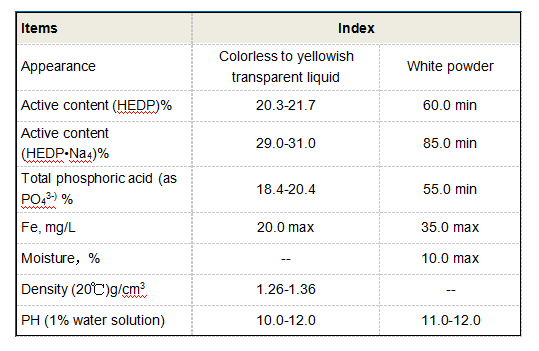Effective Strategies for Scale Inhibition in Water Treatment Processes for Improved Efficiency and Longevity
Scale Inhibitor Water Treatment Ensuring Efficiency and Longevity
Water is an essential resource in various industrial and domestic applications, but it often carries dissolved minerals that can lead to scaling. Scale formation occurs when these minerals precipitate out of the water, forming deposits on surfaces such as pipes, boilers, and cooling towers. This buildup can lead to reduced efficiency, increased energy consumption, equipment damage, and costly maintenance. To combat these challenges, scale inhibitors play a crucial role in water treatment processes.
Understanding Scale Formation
Scale typically consists of calcium carbonate, calcium sulfate, magnesium silicate, and other inorganic compounds. The conditions that foster scale formation include high temperatures, high pressure, and concentration of the solution. For example, in cooling towers, evaporation of water leads to higher concentrations of minerals, which can quickly lead to scaling problems. Both industrial and residential systems are at risk, making effective water treatment vital across various sectors.
Role of Scale Inhibitors
Scale inhibitors are chemical agents designed to prevent the formation of scale deposits. They work by altering the crystallization process of the minerals, allowing them to remain dissolved in water even under conditions that would normally cause precipitation. There are several types of scale inhibitors, including
1. Phosphonates These are effective against calcium and magnesium scales. They work by binding to scaling ions and preventing them from aggregating. 2. Polyacrylates These compounds are widely used for their ability to disperse particles in suspension and inhibit the growth of scale.
3. Sodium Hexametaphosphate Often used in large systems, this inhibitor not only prevents scaling but also helps in corrosion control.
The choice of scale inhibitor depends on factors such as the specific type of scale, the chemistry of the water being treated, and the operational conditions of the system.
Advantages of Using Scale Inhibitors
scale inhibitor water treatment

1. Enhanced Efficiency By preventing scale buildup, inhibitors help maintain optimal flow rates in pipes and equipment. This, in turn, improves overall system efficiency, reducing energy costs and operational downtime.
3. Cost Savings While there is an upfront cost associated with the purchase of scale inhibitors, the long-term savings on maintenance and repairs, as well as improved energy efficiency, often far outweigh this expense.
4. Environmental Benefits Effective water treatment using scale inhibitors can lead to reduced chemical consumption and waste, promoting a more sustainable approach to industrial and residential water management.
Implementation and Monitoring
For maximum effectiveness, it is essential to integrate scale inhibitors into a comprehensive water treatment strategy that includes monitoring water quality and operational parameters. Regular testing allows for adjustments in inhibitor dosage, ensuring the correct amount is used to prevent scale while avoiding excessive chemical use.
Proper training for personnel responsible for water treatment processes is also vital. A well-informed team can make timely decisions about treatment adjustments based on the water chemistry and system performance.
Conclusion
In conclusion, scale inhibitor water treatment is a critical component in maintaining the efficiency and longevity of water systems. With the increasing demand for reliable and sustainable water management solutions, the use of scale inhibitors is more relevant than ever. By preventing scale formation, these chemicals not only protect vital infrastructure but also contribute to cost savings and environmental sustainability. As industries continue to innovate and improve their processes, the role of scale inhibitors will remain essential in the quest for efficient water stewardship.
-
Water Treatment with Flocculant Water TreatmentNewsJun.12,2025
-
Polymaleic AnhydrideNewsJun.12,2025
-
Polyaspartic AcidNewsJun.12,2025
-
Enhance Industrial Processes with IsothiazolinonesNewsJun.12,2025
-
Enhance Industrial Processes with PBTCA SolutionsNewsJun.12,2025
-
Dodecyldimethylbenzylammonium Chloride SolutionsNewsJun.12,2025





